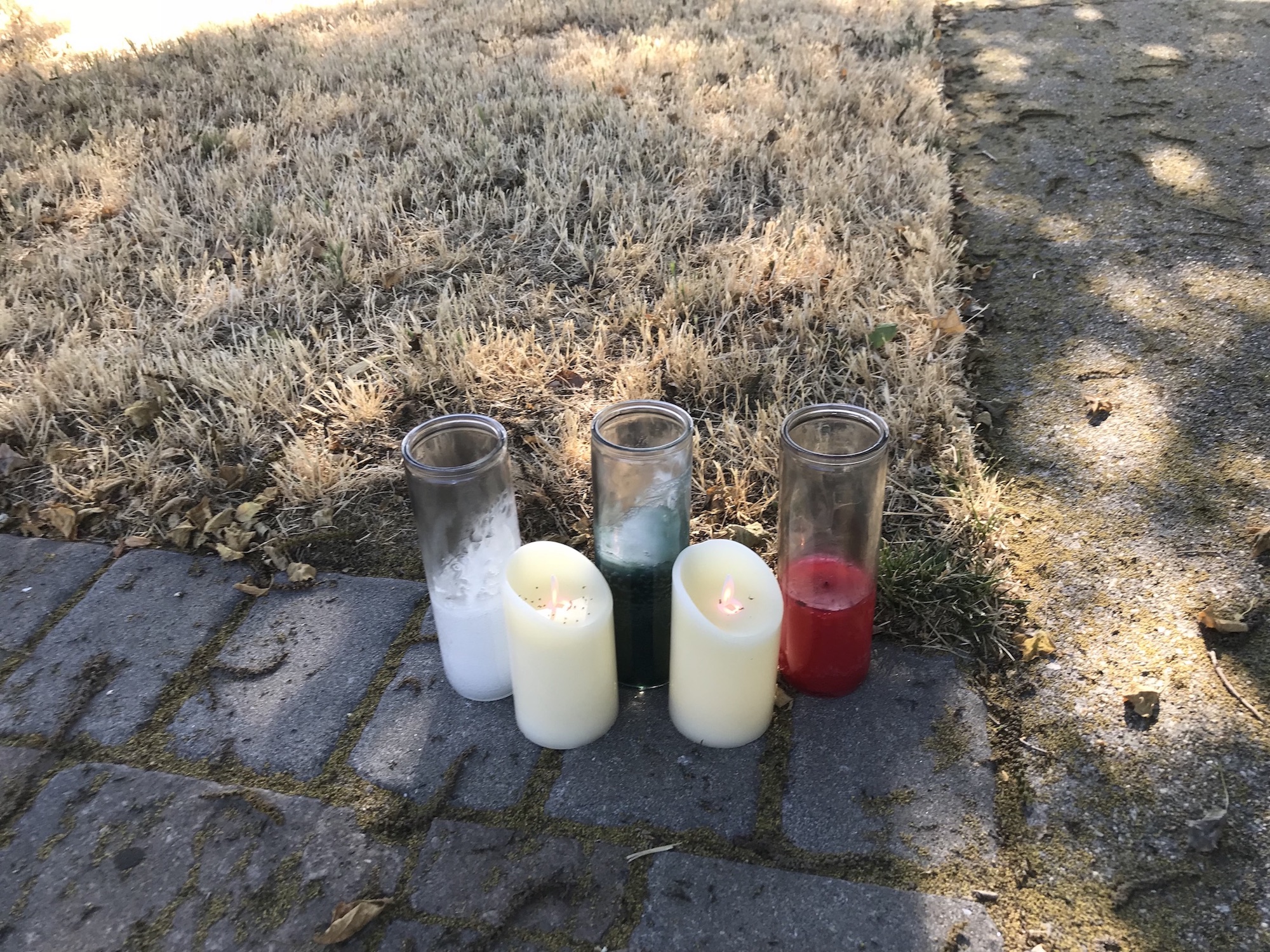Though recent mass shootings have garnered much public attention, mass shootings account for less than 1% of the U.S. firearm deaths. Professor David Studdert, from the Stanford Center for Health, is currently conducting research regarding less prominent causes of firearm deaths.
The Stanford Daily (TSD): Can you briefly describe your research?
David Studdert (DS): We are studying the relationship between firearm ownership and mortality in a large cohort of residents of California. Our focus is handguns, and the core study question is whether owning a handgun puts you and your family members at higher or lower risk of death and injury, particularly death and injury related to firearms.
TSD: Why did you choose to begin researching this topic?
DS: Gun violence is a major public health problem. The U.S. has more guns in civilian hands than any other country, and among the highest rates of firearm-related death and injury. This provokes an obvious question about the nature of the relationship between gun ownership and risks of death and injury. Many studies have looked at that relationship, but we are trying to examine it in a different way.
TSD: Are there any challenges you have already experienced or that you anticipate?
DS: Funding for this type of research is a perennial challenge. The natural funder for large, multi-site studies like this one is the federal government. For the last 20 years, however, the federal government has essentially been out of the business of funding research into firearm violence. Some private foundations stepped in and partially filled the void. But stitching together support from multiple sources gets complicated.
TSD: What do you hope to come out of this research?
DS: We hope to make a useful contribution to understanding the risk/benefit tradeoff associated with buying and owning a handing — both for handgun owners himself and for people who live with them. The most common reason for buying a handgun is security — buyers are doing it because they believe it will make themselves and their families safer. Helping to quantify the extent to which that belief is true — or untrue — would be really valuable.
TSD: What motivates you to keep going?
DS: In the background, I think we are all motivated by the fact that this is not some backwater issue. Firearm violence is an important public health problem, and it is an understudied one. But from day to day, what motivates me is my collaborators — they are smart and generous and I am constantly learning from them about how to be a better researcher and person.
This transcript has been lightly edited and condensed.
Contact Kavya Iyer at kavyakiyer ‘at’ gmail.com.
